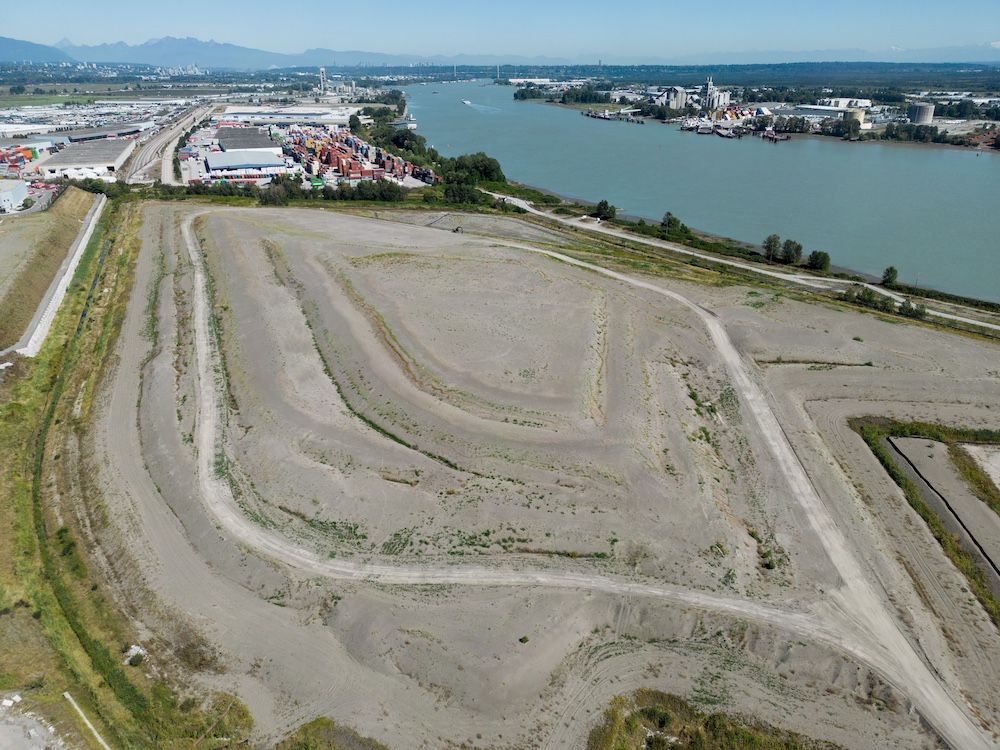daftandbarmy
Army.ca Fossil
- Reaction score
- 44,378
- Points
- 1,160
Well, they outlawed Air BnBs so....
Money is tight for most British Columbians these days. But you wouldn’t know it from the way some politicians are burning through your cash over at the B.C. legislature.
Double dipping on housing allowances, using public money to film faux-documentaries, and big pay packages for superfluous new special advisors are just a few of the most recent examples of your tax dollars getting flushed down the proverbial toilet.
MLAs from all parties quietly voted this week to let themselves rent out rooms in their taxpayer-funded Victoria condos—to each other. The move clears the way to double dip on housing allowances to the tune of almost $52,000 annually.
The policy changes, made at the Legislative Assembly Management Committee, will permit an MLA who owns a residence in Victoria and is already receiving up to $25,983 per year in an allowed “capital city living allowance” to cover their mortgage, to also rent a room in their unit to another MLA, and then draw up to $25,983 in rental allowances from that same colleague.
The double-dip scenario means the MLA would walk away with up to $51,966, depending on the rental agreement and what is determined to be “fair market rent” at the moment.
Rob Shaw: B.C. taxpayer cash fuelling condos, documentaries and cushy new jobs
While British Columbians cut back, MLAs find creative new ways to spend public moneyMoney is tight for most British Columbians these days. But you wouldn’t know it from the way some politicians are burning through your cash over at the B.C. legislature.
Double dipping on housing allowances, using public money to film faux-documentaries, and big pay packages for superfluous new special advisors are just a few of the most recent examples of your tax dollars getting flushed down the proverbial toilet.
MLAs from all parties quietly voted this week to let themselves rent out rooms in their taxpayer-funded Victoria condos—to each other. The move clears the way to double dip on housing allowances to the tune of almost $52,000 annually.
The policy changes, made at the Legislative Assembly Management Committee, will permit an MLA who owns a residence in Victoria and is already receiving up to $25,983 per year in an allowed “capital city living allowance” to cover their mortgage, to also rent a room in their unit to another MLA, and then draw up to $25,983 in rental allowances from that same colleague.
The double-dip scenario means the MLA would walk away with up to $51,966, depending on the rental agreement and what is determined to be “fair market rent” at the moment.









